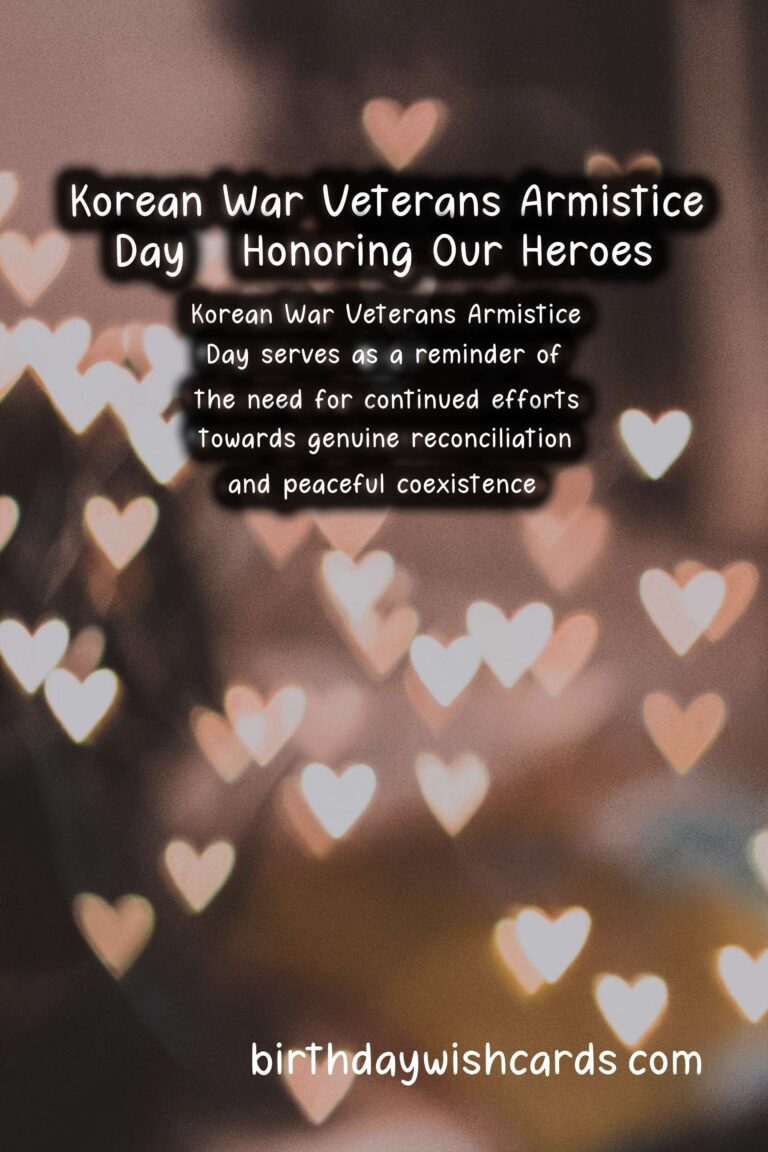Eid Rituals and Traditions Explained
Eid Rituals and Traditions Explained
Eid is one of the most significant religious holidays celebrated by Muslims around the world. It marks the end of Ramadan, a month dedicated to fasting, prayer, and reflection. On Eid, families come together to celebrate with joyous traditions that have been passed down through generations. In this article, we will delve into the various rituals and traditions associated with Eid, providing insights into their meanings and significance.
The Significance of Eid
Eid, which literally means ‘festival’ in Arabic, is a time of joy, gratitude, and community. The two main Eids celebrated by Muslims are Eid al-Fitr and Eid al-Adha. Eid al-Fitr celebrates the end of Ramadan, while Eid al-Adha commemorates the willingness of Prophet Ibrahim (Abraham) to sacrifice his son in obedience to God.
Eid Rituals
1. Eid al-Fitr Rituals
Eid al-Fitr, also known as the ‘Festival of Breaking the Fast’, begins with a special prayer known as the ‘Salat al-Eid’. This prayer is usually performed in large congregations, often in mosques or open fields.
The Importance of the Eid Prayer
It is recommended for every Muslim to attend the Eid prayer. The prayer is followed by a sermon (khutbah) delivered by the imam, emphasizing the importance of community and charity.
2. Giving Zakat al-Fitr
Before the Eid prayer, it is obligatory for Muslims to give a specific form of charity known as Zakat al-Fitr. This donation, usually in the form of staple food items, ensures that those less fortunate can also partake in the Eid festivities.
Traditional Foods
Food plays a central role in Eid celebrations. Families and friends come together to share meals and sweets. Popular dishes vary by region but often include:
- Biryani
- Samosas
- Shawarma
- Sweets such as baklava and maamoul
Eid al-Adha Rituals
1. The Sacrifice
Eid al-Adha, or the ‘Festival of Sacrifice’, involves the ritual sacrifice of an animal, typically a goat, sheep, or cow. This act honors Ibrahim’s willingness to sacrifice his son as an act of obedience to God.
Distribution of Meat
Once the animal is sacrificed, it is customary to divide the meat into three parts: one-third for the family, one-third for friends and neighbors, and one-third for the less fortunate. This practice fosters a sense of community and helps those in need.
2. The Eid Prayer
Similar to Eid al-Fitr, Eid al-Adha begins with a special prayer. It is followed by the sacrifice and the distribution of meat, reinforcing the themes of sacrifice, charity, and the importance of supporting the less fortunate.
Festive Attire
On both Eids, it is customary to wear new or best clothes. This practice symbolizes purity, renewal, and respect for the occasion. Many families invest in traditional attire, which varies greatly from one culture to another.
Community and Family Gathering
Eid is a time for socializing, visiting relatives, and fostering community bonds. Families often host gatherings, share meals, and exchange gifts, emphasizing unity and togetherness.
Cultural Variations
While the main rituals of Eid remain consistent globally, various cultures infuse their unique traditions into the celebrations. For instance:
- In Indonesia, it is common to visit cemeteries to pay respects to deceased family members.
- In South Asia, elaborate decorations and outdoor festivities are prevalent.
- In Turkey, children often receive money or sweets from adults.
Conclusion
Eid is not merely a holiday but a profound expression of faith, community, and generosity. It reflects a commitment to spiritual growth and the importance of giving back to society. By understanding and participating in these traditions, we strengthen our bonds with family, friends, and our communities.
As we celebrate Eid, let us embrace its core values and ensure that the spirit of giving, love, and gratitude resonates in our hearts throughout the year.
Eid is one of the most significant religious holidays celebrated by Muslims around the world.
It marks the end of Ramadan, a month dedicated to fasting, prayer, and reflection.










#Eid #EidRituals #EidTraditions #IslamicHolidays #EidCelebration






